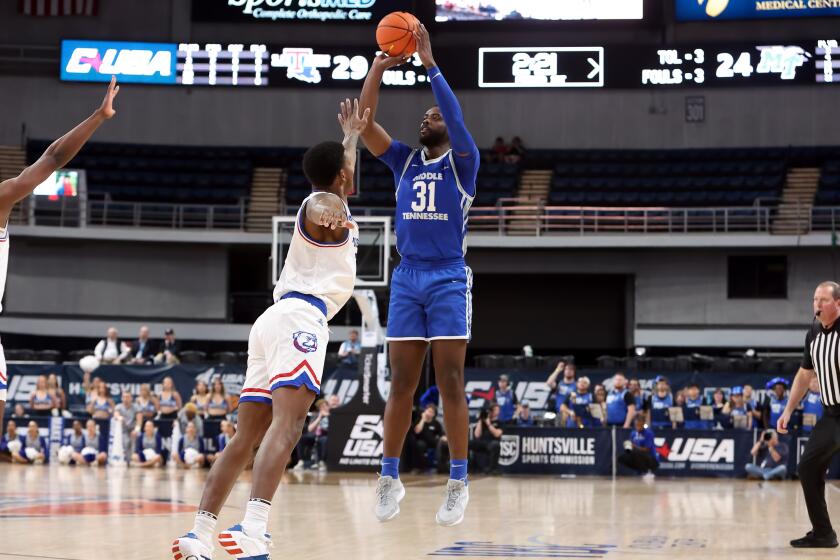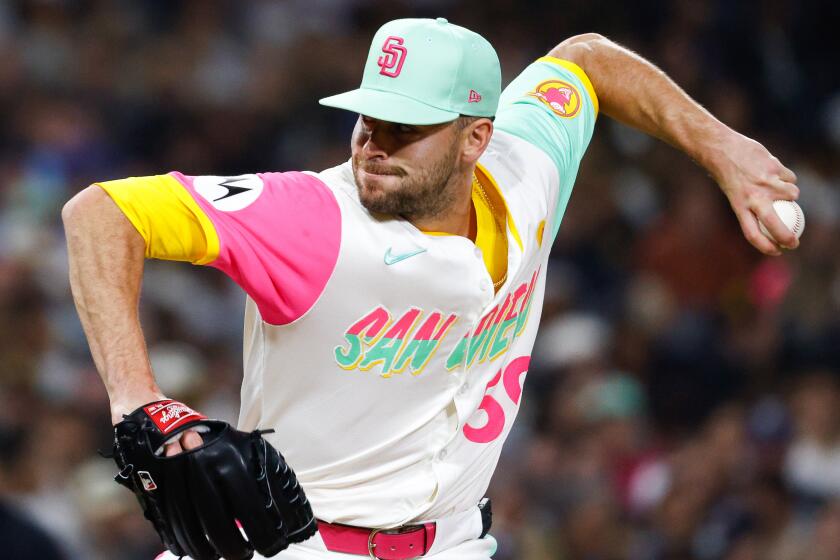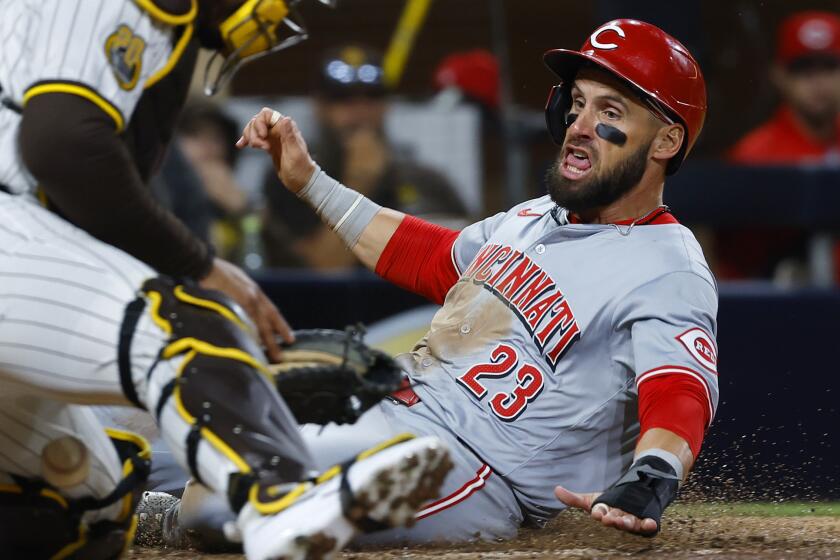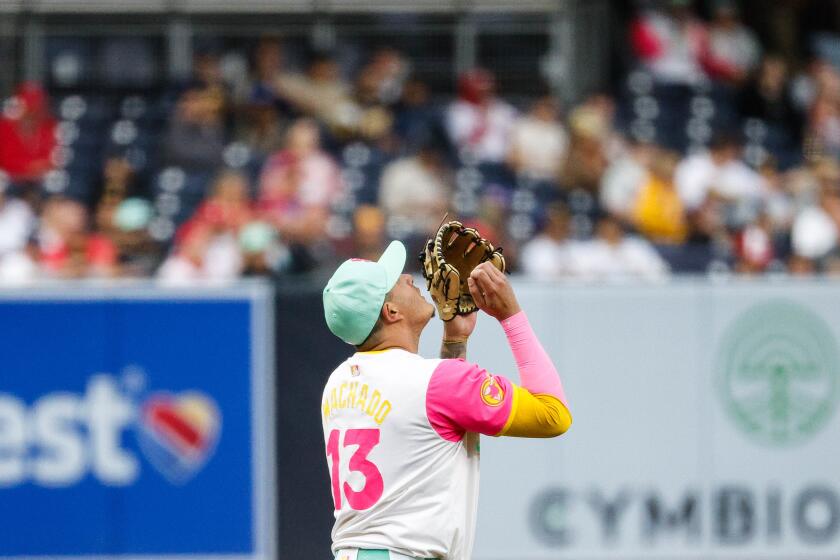What exactly is clostebol, the substance involved in Tatis suspension?

The banned substance can be an effective anabolic agent, but it also is found in some antibiotic creams
Padres infielder Fernando Tatis Jr. was suspended for 80 games Friday by Major League Baseball after testing positive for clostebol. So what, exactly, is it?
It is listed on the World Anti-Doping Agency’s banned list under anabolic agents, although it is not considered as powerful as some other steroids like dianabol. Also known as 4-cholortestosterone, it is a synthetic derivative of the muscle-building steroid the body naturally produces in larger amounts in men than women.
East Germany’s state-sponsored doping program in the 1960s and ’70s developed clostebol and combined it with another substance to create Oral Turinabol, the then-undetectable anabolic steroid that juiced its athletes, some of whom set world records that still haven’t been broken. The doping advantage of injectable clostebol is that, while less potent, it mimics the muscle-building properties of testosterone without the estrogen buildup that counteracts them.
As testing capabilities improved, clostebol became detectable in urine and athletes had to weigh its performance benefits against the risk of being caught. In the Olympic world, it typically results in a two-year suspension.
What complicates clostebol cases is that it’s possible to test positive from contaminated meat (it’s used in some countries to fatten cattle) or over-the-counter antibiotic creams. The FDA does not allow U.S. products to include clostebol acetate, but it is listed as an active ingredient in creams sold in Europe and Central and South America.
The list of athletes busted for clostebol includes a gold-medal Brazilian long jumper, a Norwegian cross-country skier, an Italian beach volleyball player, a Spanish figure skater, a Canadian triathlete and a Slovenian javelin thrower. Three baseball players have tested positive for it, most notably National League batting champion Dee Gordon of the Florida Marlins in 2016. He claimed he did not “knowingly” ingest it but dropped his appeal and served an 80-game suspension.
The latest addition to the list: Tatis Jr.
Go deeper inside the Padres
Get our free Padres Daily newsletter, free to your inbox every day of the season.
You may occasionally receive promotional content from the San Diego Union-Tribune.












